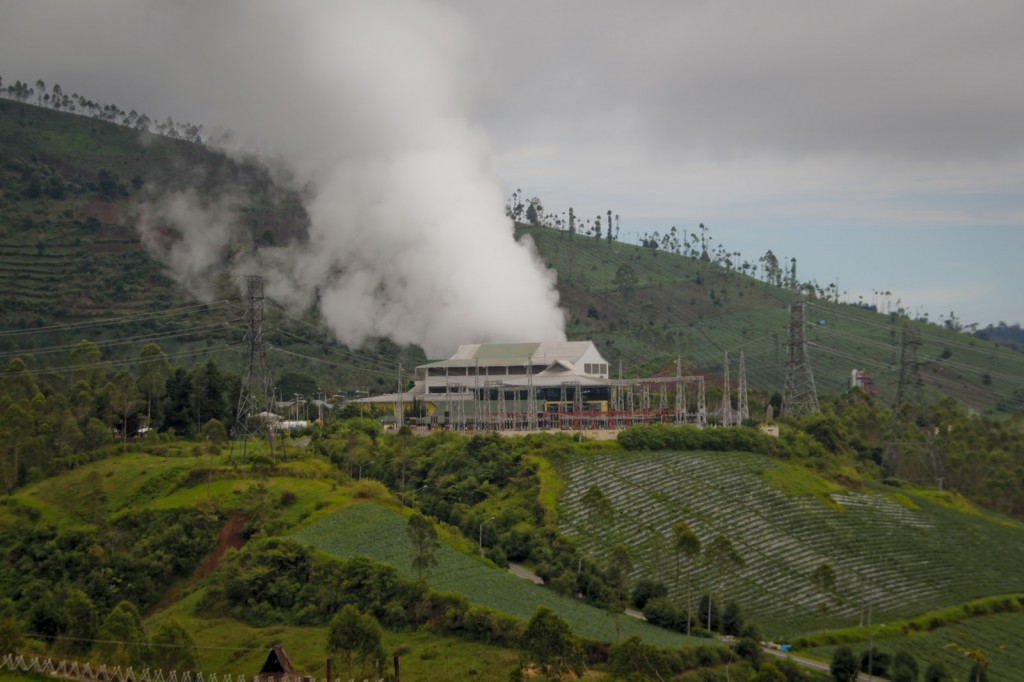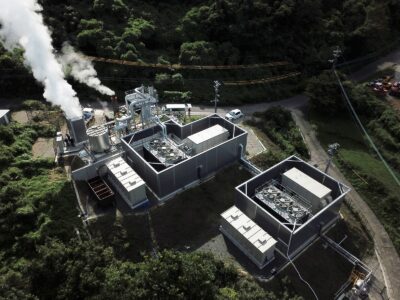Indonesian Deputy Finance Minister sees risks in feed-in-tariffs
Indonesia's Deputy Finance Minister describes risks of a feed-in-tariff system for geothermal in the country and describes a price ceiling as necessary with open international tenders.
In a recent article in the Jakarta Globe, Indonesia’s Deputy Finance Minister Bambang Brodjonegoro is said to have concerns regarding the energy policy path on geothermal development and describes risks related to the feed-in-tariff policy.
“The decision to introduce a feed-in-tariff policy for geothermal energy would put an extra burden on the country’s electricity subsidy costs, according to Bambang.
Bambang refered to a pricing scheme in which the state electricity firm, Perusahaan Listrik Negara (PLN), will pay a set price for electricity produced from geothermal power plants owned and operated by independent power producers.
The government has set aside Rp 71.36 trillion ($618 million) for electricity subsidies in this year’s budget, down by about Rp 28 trillion from last year.
Depending on the location, the tariff ranges from 10 cents to 18.5 cents per kilowatt hour (KwH), with the Energy and Mineral Resources Ministry planning to raise it further to 11.5 cents to 29 cents per KwH.
“Feed-in-tariffs are not suitable for Indonesia, not when the government still subsidizes the electricity,” Bambang added.
Bambang instead proposes to replace the feed-in-tariff with a scheme that acknowledges a price ceiling. “And then the government must also introduce an open, international tender instead of direct appointment, so that we can get the best deal,” he added.
Bambang said that most of Indonesia’s sources of geothermal energy are located in Java and Sumatra, where electricity is being generated by cheap coal. “This situation will put PLN in a difficult position to agree to terms in geothermal energy,” he added.
Satya Widya Yudha, a lawmaker from the Golkar Party, said that there’s still a possibility that the House of Representatives will enact the new oil and gas law before its term is over.
“We still have three months,” Satya said, who is a member of Commission VII ,which oversees energy affairs. He added that the commission had handed over the bill to the House’s Legislative Body.
“If the Legislative Body makes a quick decision and lets Commission VII finalize the bill, instead of creating a special committee comprised of lawmakers from other commissions, I think it is very possible that it can be done before deadline,” he added.”
Source: The Jakarta Globe


















